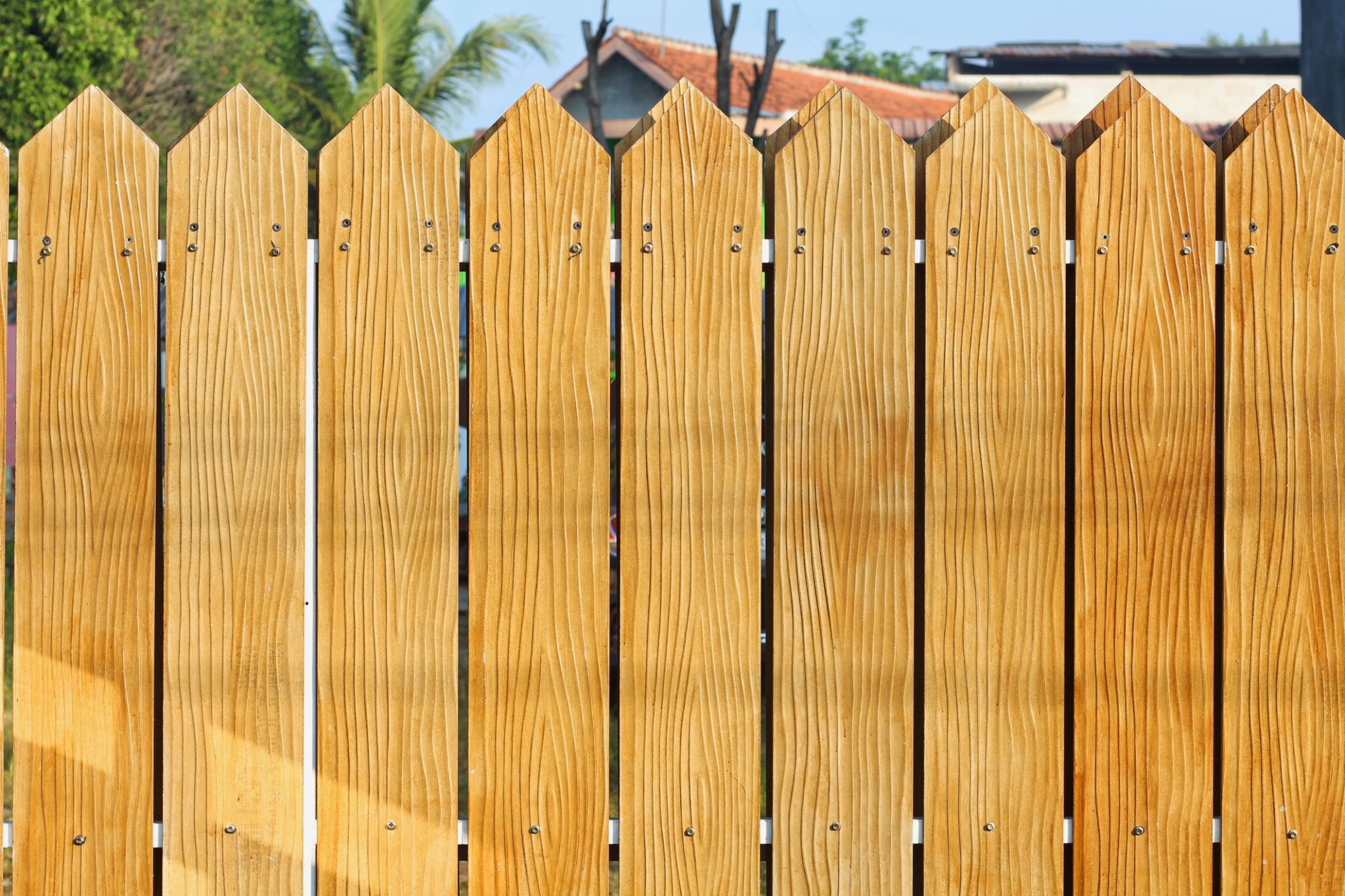Comparing Fence Materials: Which is Best for Your Vancouver Property?
Introduction
Choosing the right fence material is crucial for homeowners in Vancouver who want to enhance their property's aesthetics, security, and privacy. With various options available, it can be challenging to decide which material best suits your needs. This guide will help you compare different fence materials and make an informed decision.

Wood Fencing
Wood is a classic choice for fencing, offering a natural and traditional look that complements many Vancouver homes. It's a versatile material that can be painted or stained to match your home's exterior. Wood fences are available in several styles, such as picket, privacy, and lattice, allowing for customization to meet your aesthetic preferences.
Pros and Cons of Wood Fencing
Advantages of wood fencing include its affordability and ease of installation. It’s also an environmentally friendly option, as wood is a renewable resource. However, there are some drawbacks. Wood requires regular maintenance to prevent rot, insect damage, and weathering, which can be a significant consideration in Vancouver's damp climate.

Vinyl Fencing
Vinyl fencing is a popular alternative to wood, known for its durability and low maintenance. It comes in various styles and colors, mimicking the appearance of wood without the need for staining or painting. Vinyl is resistant to moisture and won't warp or rot, making it ideal for Vancouver's rainy environment.
Pros and Cons of Vinyl Fencing
The benefits of vinyl fencing include its longevity and ease of cleaning, simply requiring occasional washing with soap and water. On the downside, vinyl can be more expensive upfront than wood, and its installation may require professional assistance.

Metal Fencing
Metal fences, such as aluminum and steel, provide a modern and secure option for homeowners. These materials are known for their strength and durability, offering excellent protection against intruders. Metal fencing can be crafted into various designs, from simple to ornate, to suit different architectural styles.
Pros and Cons of Metal Fencing
Advantages of metal fencing include its low maintenance requirements and resistance to corrosion, especially when choosing aluminum. However, steel fences may need occasional rust protection. One potential disadvantage is the cost, as metal fences tend to be more expensive than wood or vinyl.
Composite Fencing
Composite fencing combines wood fibers with plastic to create a durable and eco-friendly option. It offers the aesthetic appeal of wood with the added benefits of being resistant to rot and insect damage. Composite fences are available in various colors and textures, providing a customizable look.
Pros and Cons of Composite Fencing
The strengths of composite fencing include its minimal maintenance requirements and long lifespan. However, it can be more costly than traditional wood options. Additionally, although composite is weather-resistant, it can fade over time when exposed to direct sunlight.

Conclusion
When choosing the best fence material for your Vancouver property, consider factors such as cost, maintenance, aesthetic preferences, and durability. Each material has its benefits and potential drawbacks. By evaluating your specific needs and environment, you can select a fence that enhances your property's value and appearance while providing the necessary security and privacy.